Ukraine Initiates Peace Talks in Switzerland Without Russian Participation
In a bold and strategic move, Ukraine convened a peace conference in Switzerland, pointedly excluding Russia from participation. The gathering was held in an Alpine resort near the picturesque town of Lucerne, drawing attention and support from various international quarters. This maneuver, motivated by President Volodymyr Zelensky, aimed to solidify Ukraine's position on the global stage, particularly concerning the ongoing conflict with Russia.
The primary objectives of this conference were to gain endorsement for key aspects of Ukraine's peace proposal and to drum up international support. By focusing on critical areas such as nuclear safety, food security, and humanitarian issues, the conference aimed to create a comprehensive dialogue addressing the most pressing concerns. These include the safe exchange of prisoners and the return of Ukrainian children, who authorities believe were unlawfully taken to Russia amid the conflict.
Nuclear Safety, Food Security, and Humanitarian Concerns
The emphasis on nuclear safety was a significant component of the peace talks, given Ukraine's sensitive situation with nuclear facilities. The stability and security of these sites have always been a concern not only for Ukraine but for the global community, wary of potential catastrophes. Ensuring that these facilities remain safe and secure was a priority at the conference.
Food security, another critical element, was discussed in great detail. Ukraine, often known as the 'breadbasket of Europe,' plays a vital role in global food supply chains. The ongoing conflict has disrupted agricultural activities, posing a threat not only to local food supplies but to international markets that depend heavily on Ukrainian grain. The peace conference tackled these disruptions, seeking pathways to stabilize food production and distribution amidst the uncertainty.
Humanitarian Issues at the Forefront
The humanitarian aspect of the peace talks cannot be overstated. One of the primary humanitarian issues discussed was the exchange of prisoners of war. Both Ukraine and Russia have engaged in prisoner exchanges, but the process has been fraught with complications and delays. The conference sought to establish clearer protocols to ensure the humane and prompt handling of prisoners.
Another urgent humanitarian issue is the repatriation of Ukrainian children who have reportedly been taken to Russia. The Ukrainian government accuses Russia of unlawfully relocating these children, a claim that Russia denies. The return of these children to their families in Ukraine remains a contentious and deeply emotional topic for many Ukrainians.
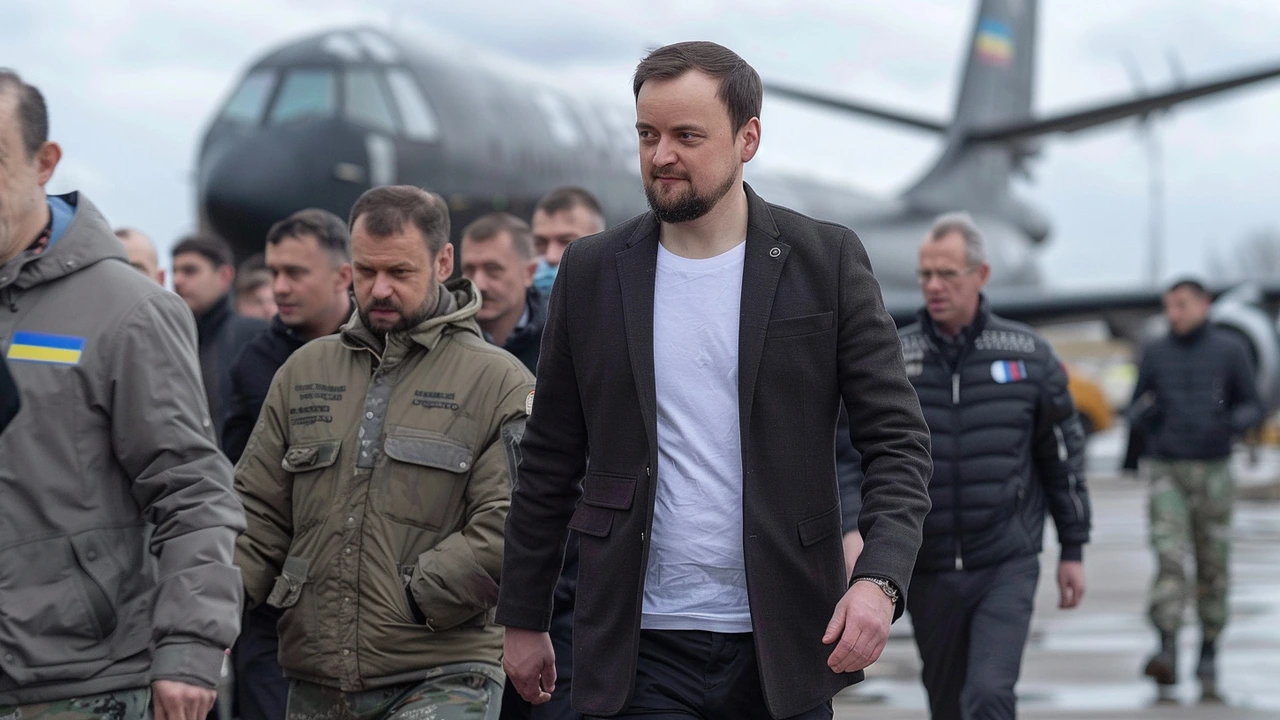
International Reactions and Criticisms
Despite the optimistic aspirations behind the peace conference, it was not without criticism. Notably, China and Brazil voiced concerns that any meaningful resolution to the conflict must involve direct negotiations between Russia and Ukraine. They argue that excluding Russia from the table undermines the potential for a lasting peace agreement. China's diplomatic stance, often more conciliatory towards Russia, reflects a broader belief in multilateral engagement for conflict resolution. Brazil echoed similar sentiments, emphasizing the need for comprehensive dialogue inclusive of all parties involved.
Critics also highlighted that while international support for Ukraine is crucial, the absence of Russian representation could make any agreements reached at the conference somewhat one-sided and difficult to implement in the absence of Russian cooperation.
Russia's Cease-Fire Proposal
On the eve of the conference, Russian President Vladimir V. Putin proposed a cease-fire plan, which Ukraine promptly rejected. Ukrainian officials saw this move as an attempt to undermine the peace talks and cast it as lacking genuine intent towards achieving a peaceful resolution. This cease-fire proposal, according to Ukrainian authorities, did not address the core issues outlined in Ukraine's 10-point peace plan, such as the withdrawal of Russian forces from Ukrainian territory, reparations, and accountability for war crimes.
The conference's timing and the Russian cease-fire proposal created a backdrop of tension and heightened diplomatic activity. While Ukraine's rejection of the cease-fire highlighted its unwavering stance, it also underscored the complexities of the conflict and the challenges in reaching a mutually acceptable resolution.
Ukraine's Comprehensive 10-Point Peace Plan
Central to the discussions at the Swiss conference was Ukraine's ambitious 10-point peace plan. This plan outlines Ukraine's vision for a comprehensive resolution of the conflict, starting with the complete withdrawal of Russian troops from Ukrainian territory. By emphasizing territorial sovereignty, Ukraine underscores the non-negotiable aspect of its national integrity.
The plan also calls for reparations from Russia as compensation for the extensive damage and suffering caused by the invasion. These reparations are seen not only as financial recompense but also as a form of acknowledgment and accountability for the actions taken by Russian forces.
Accountability for war crimes is another crucial component of the plan. Ukraine insists that individuals responsible for human rights violations and war crimes be held accountable through international legal mechanisms. This insistence on justice is aimed at preventing impunity and ensuring that the atrocities committed during the conflict are duly recognized and addressed.
Rallying International Support
In terms of diplomatic strategy, the conference represented a significant effort by Ukraine to rally international support for its peace proposal. By bringing together representatives from countries around the world, Ukraine sought to build a coalition of backing for its stance. This international endorsement is viewed as essential for pressuring Russia into making concessions and engaging sincerely in the peace process.
The Swiss conference also provided a platform for Ukraine to highlight its resilience and determination to achieve peace on its terms. By presenting a united front and a clear vision, Ukraine demonstrated its commitment to finding a resolution while maintaining its sovereignty and national interests.
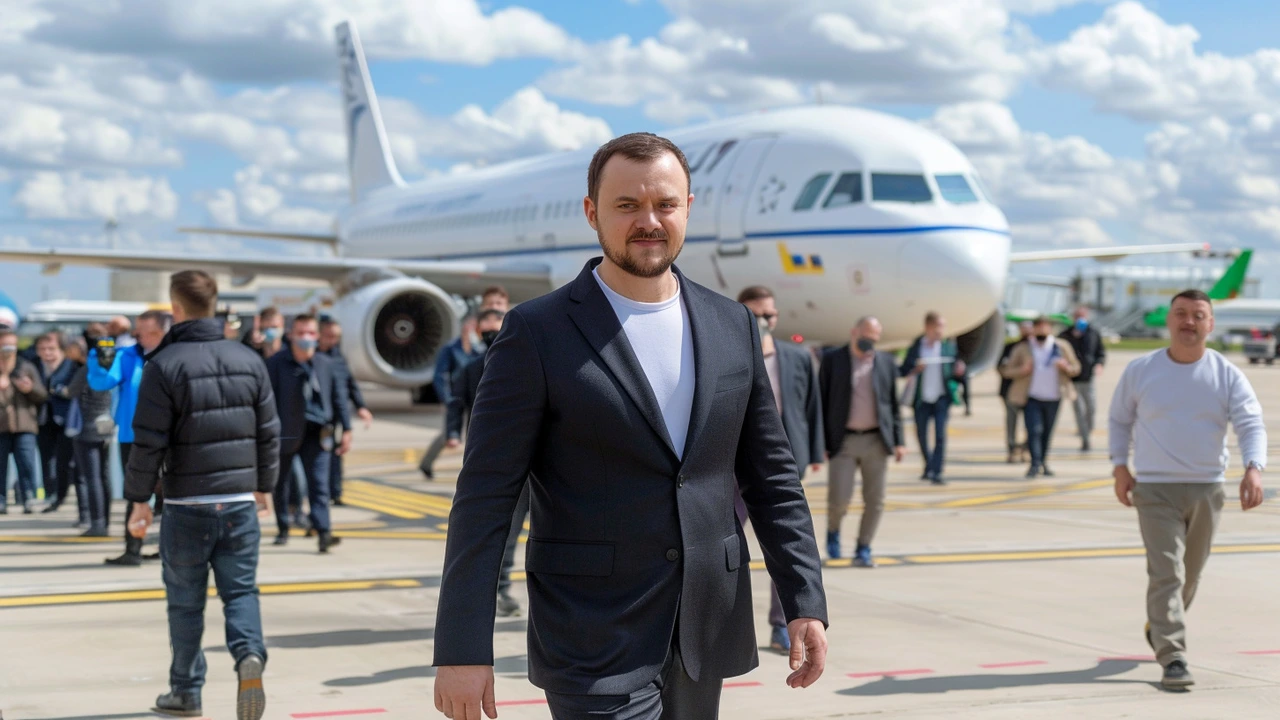
Conclusion
The peace conference hosted by Ukraine in Switzerland marked a significant moment in the ongoing conflict. While the exclusion of Russia was a point of contention, it also underscored Ukraine's determination to leverage international support and solidify its negotiation stance. The focus on nuclear safety, food security, and humanitarian issues provided a comprehensive framework for discussion, although challenges remain in terms of achieving a balanced and enforceable peace agreement.
As the conflict continues, the outcomes of this conference will play a crucial role in shaping the trajectory of negotiations. Whether the international community can successfully mediate a resolution that addresses the concerns of all parties involved remains to be seen. For now, Ukraine's efforts to rally global backing and present a robust peace plan signal a resolute push towards ending the conflict on its terms.
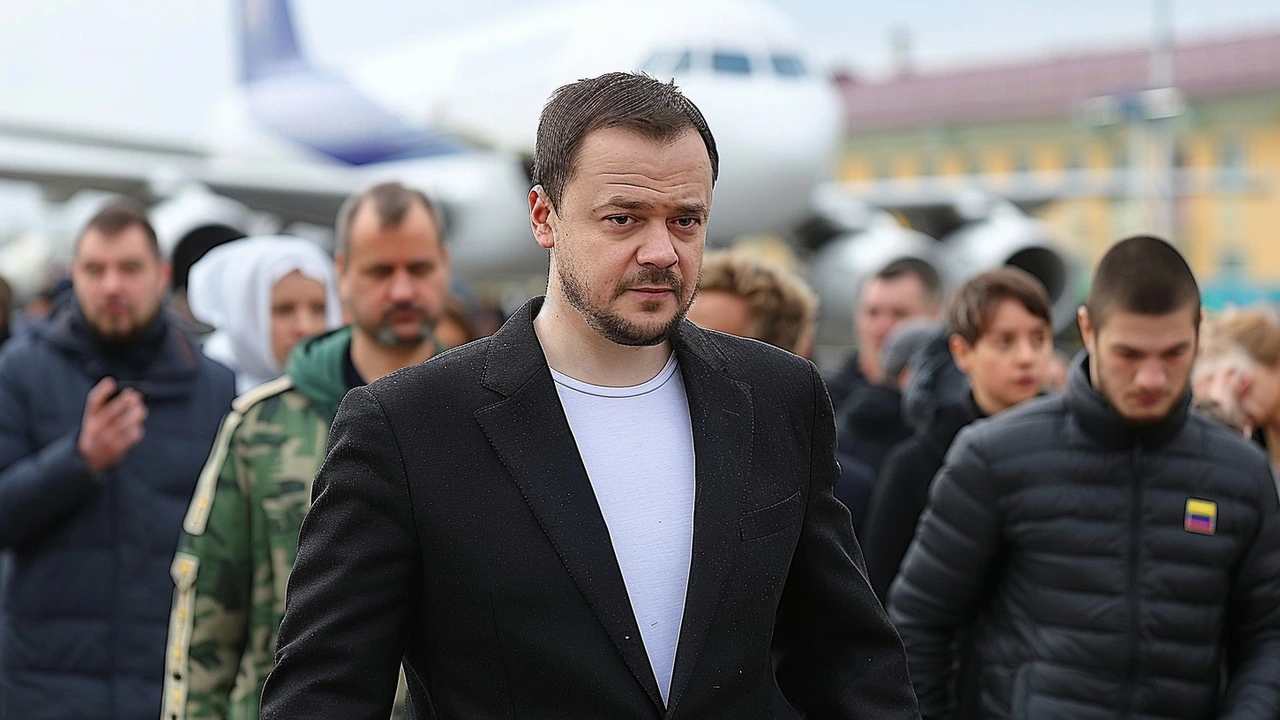

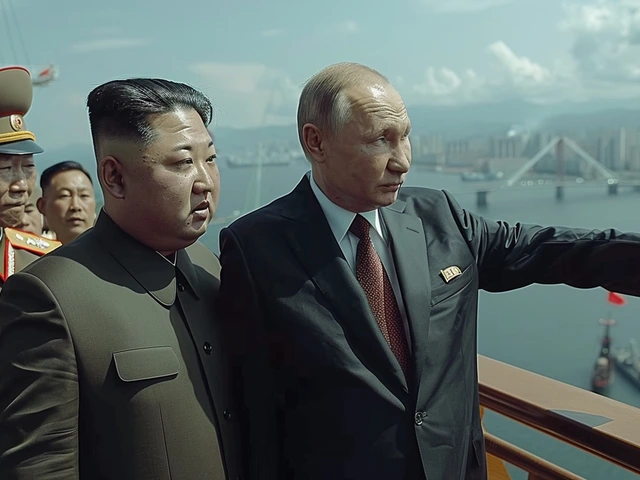
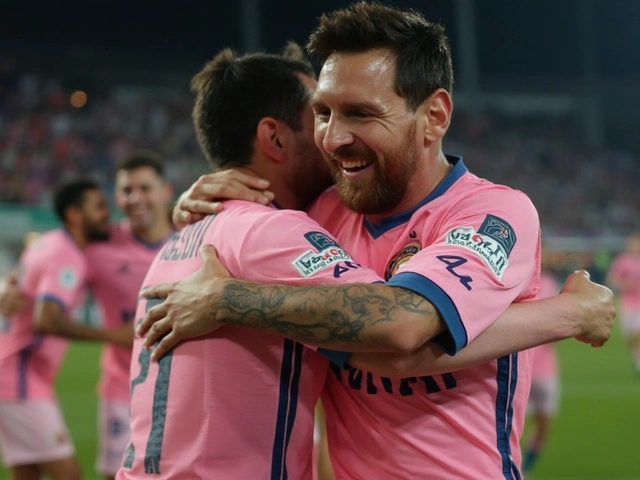

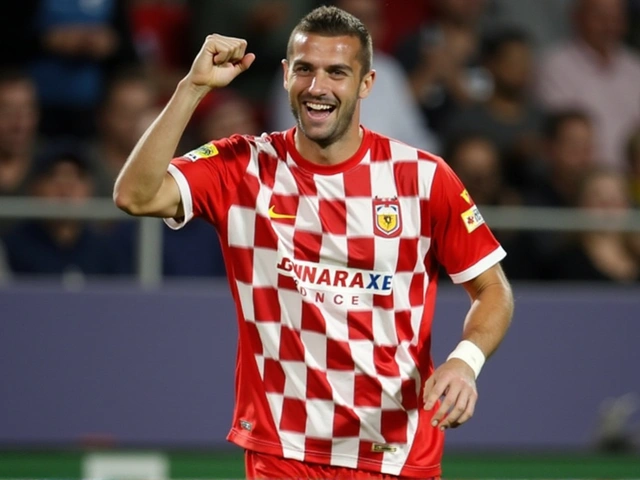
Write a comment